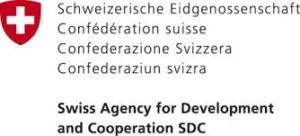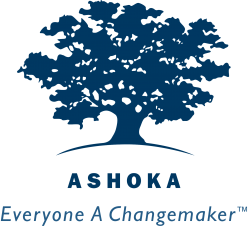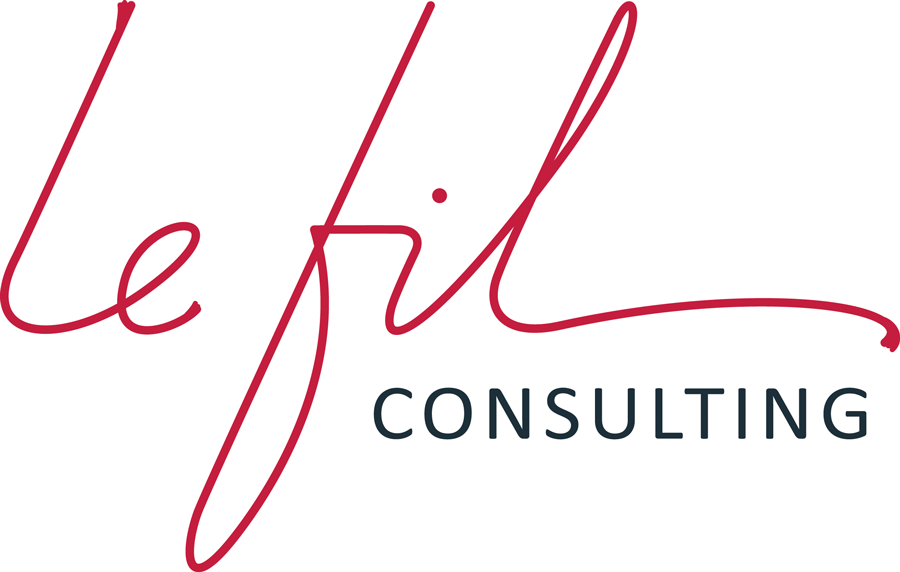![]()




Argentina sees the second highest incidence of breast cancer in the Americas, losing about 20 women per day to the disease. Early breast cancer screening can reduce mortality by 90%, but in rural Argentina – where 60% of the country’s population resides – imaging centers are often inaccessible, leading to screening rates as low as 40% among women at risk.
Mamotest brings high-quality diagnostic services and informational campaigns to underserved women across the country. In 2017, through their six clinics, Mamotest conducted 17 information campaigns and screened about 25,000 patients, out of which 291 positive cases of cancer were detected.
With the support of the Swiss Agency for Development and Cooperation (SDC), LeFil partnered with Mamotest to quantify the full impact generated by the company for the patients and society at large. These benefits include monetary savings for patients and insurers arising from avoided treatment costs, but also a wide range of positive externalities for the patients’ families and employers.
LeFil estimated the total amount of benefits to be US$6.2 million per year, or roughly US$1 million per clinic. Here is a breakdown of those benefits:

- Insurers/payers save US$3.17 million per year thanks to avoided payouts for treatment, invalidity, work absence and pensions for orphans and widows
- Patients save US$ 1.73 million per year thanks to avoided out-of-pocket diagnostic costs, transportation expenses, treatment cost for uninsured patients, and unpaid work days for patients without insurance or formal employer’s coverage
- Families of patients save US$1.1 million per year arising from avoided funeral costs and lesser foregone income for family members taking care of the patient
- Employers of patients save US$0.1 million per year from avoided salary payments during work absences not covered by insurance
Additionally, there are non-quantifiable benefits for patients and their families arising from the reduction in trauma, exclusion and productivity loss during illness and following the death of the female relative. Last but not least, society at large also benefits from additional public funding freed for other health issues.
Based on these results, LeFil finds that investing into the growth of Mamotest and similar models results in very high social returns. Specifically, money invested into awareness campaigns generates an ROI of more than 13,000%. Alternatively, expansion can be accelerated by funding equipment purchase and the opening of new clinics, which generate an ROI of “only” 4,000%.
